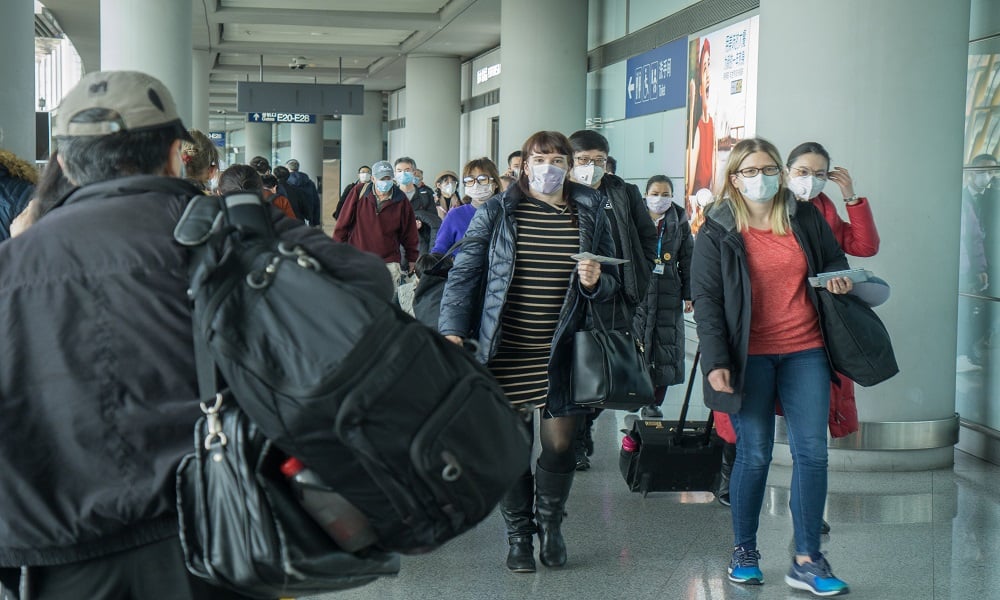Assumption Beijing and central banks will offset current turmoil is a complacent one, says chief investment strategist

Beware the stock markets reaching all-time highs as if the risks surrounding the coronavirus have already evaporated. That’s the message from one chief investment strategist, who believes those treating the outbreak as a mere bump in the road are guilty of irrational thinking.
Leon Wilfan, of Lahardan Financial, said that the assumption Beijing will pour enough stimulus into the economy to offset the current turmoil is a complacent one and that this is a problem central banks can’t fix.
Why? Because it’s different this time. In his opinion, this is a dip that does not represent a buying opportunity.
He cites the disruption to Saudi oil production in September, the U.S. missile attacks on the Iranian general, and even the impeachment shock as all great examples of buy-the-dip opportunities.
“The difference now is that the coronavirus will have a far more pronounced impact on the global economy than anything we have seen in the last decade,” he added. “That’s because this will be one of the rare moments when all economic sectors take a hit at the same time.”
Wilfan urged investors to be patient because he believes this could get worse before it gets better. In 2018 and 2019, the global economy contracted, causing a manufacturing recession and that if it wasn't for it being a robust service sector, the result would have been a full-blown recession.
He added: “Although we have seen some recovery in January, this problem is ongoing. Now it’s about to get even worse.
“Manufacturing in China has all but shut down. That’s 28% of the global manufacturing output that just took a big, unplanned break. And this will reverberate through the global supply chain.
“First, the consequences will spread to emerging markets in Asia, then Europe, and, before you know it, U.S. manufacturing will suffer, as well. But it gets worse. I’ve said before that this is unlike anything we’ve seen in a long while. That’s because this time around, the service sector won’t be able to pick up the slack. Malls in China are empty, offices have closed, and there’s barely anyone walking the streets.
“People are staying inside because they fear for their health. I can’t blame them. I would be doing the same.
“Unfortunately, that means they’re not spending … and no amount of money printing will convince them to go outside to do so. They aren’t going to risk getting sick. Meaning, we now have the second-largest economy in a complete shutdown.”
He stressed that the rest of the world will, therefore, feel the effects of this shock … eventually. Instead, he said the best tactic is to wait for the situation to clear.
“There will be plenty of buying opportunities in the future.”



